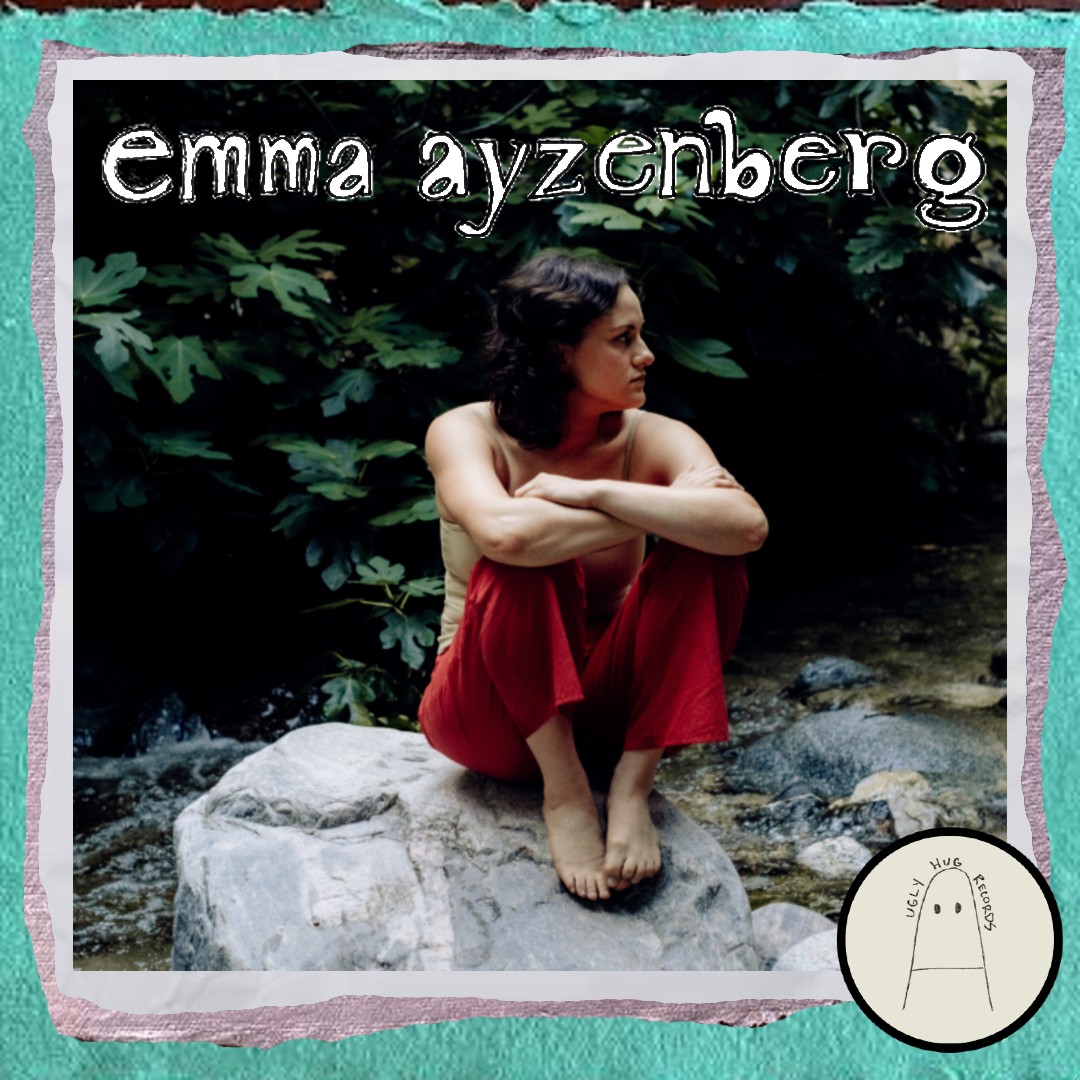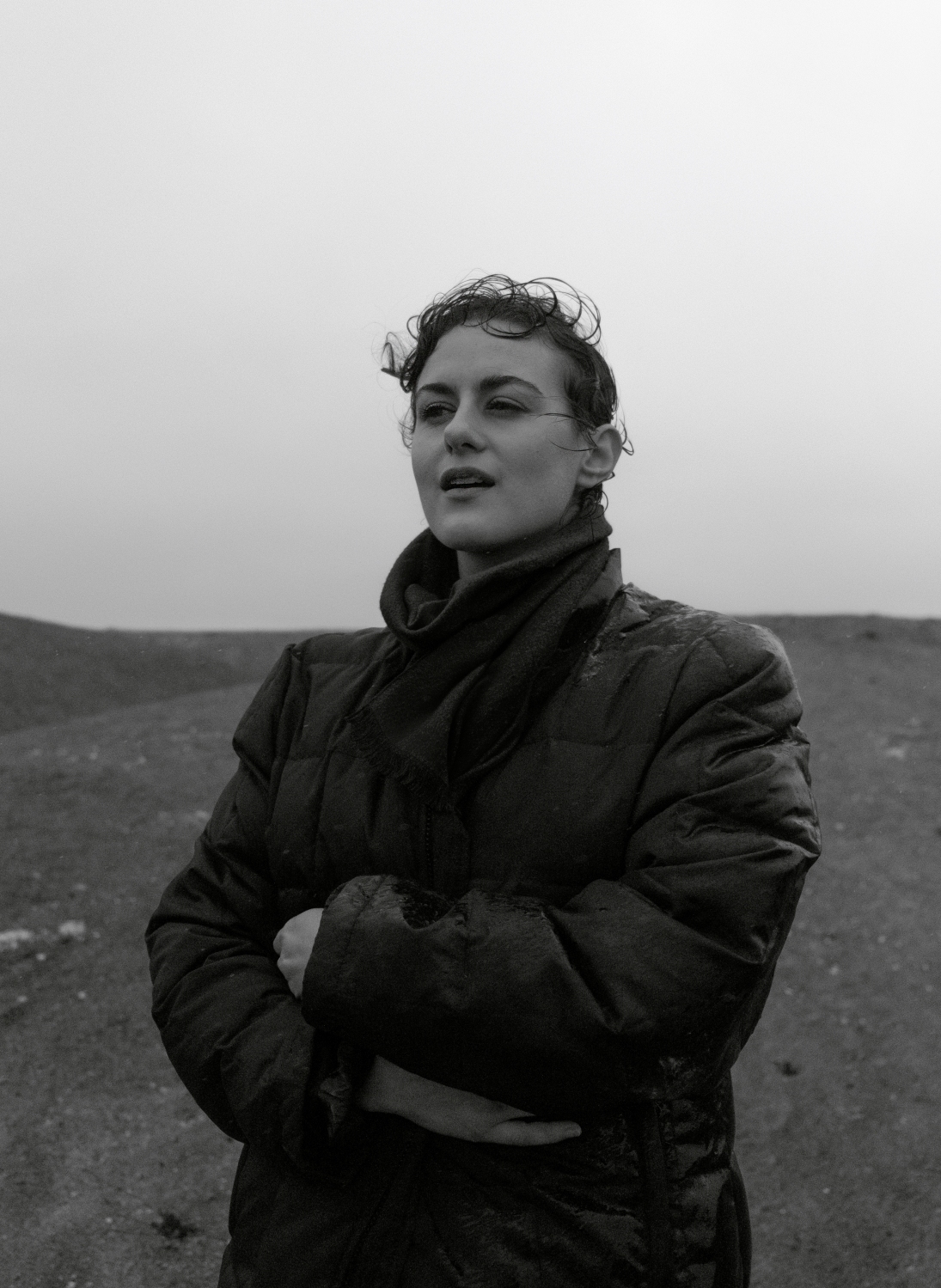Written by Shea Roney

I think one humorous aspect of history, in regards to the world of psychology, is the extended quarrel and inevitable fall out between psychiatrists Sigmund Freud and Carl Jung. We all know of Freud’s work; those little round glasses and clean goatee have become synonymous with the complexities of the human psyche and the way we study it. What started as a mentorship, Jung had a theory that contradicted the fundamentals of Freud’s work. In a blend of the conscious and subconscious levels, Jung looked for a way to define the concept of the authentic self entirely, acknowledging that not everything could be explained through sex and aggression. Destined to understand each barrier that stood in the way, one of Jung’s biggest contributions was the shadow; our own repressed ideas, weaknesses, desires, and instincts. To accommodate the shadow and blend any disharmony it caused would theatrically find copious amounts of comfort in an individual’s psyche.
L.A.-based singer-songwriter, Emma Ayzenberg, has a natural inventiveness to telling her story. As a songwriter, rooted in its narration and instinctive storylines, her writing has never been one to stray away from digging – especially in regards to her own psyche. On a new four song EP titled iron mountain, Ayzenberg accommodates her own shadow, all of the unsavory depths, in the hopes of finding some comfort in herself. Each song, each a step in personal defiance, covers four strongly different topics. But as a collective and cohesive project, these songs are no more different; calloused, intimidating, and all oddly beneficial with its blend of personal amnesty and forgiveness. Just finishing up a rehearsal, Ayzenberg took the time to call me up to talk about iron mountain; her journey of bringing trauma to the forefront in search of defining her authentic self.

At the end of 2021, Ayzenberg joined a songwriting class instructed by producer and musician, Luke Temple (Art Feynman). Upon that, he helped produce some of the early renditions that laid the groundworks for iron mountain. “He came in for a couple days and we just played a bunch of songs that I had written – all live. I had never really done that before and I was really scared,” she shares. Inevitably, “I just went with it,” opening up a new way to approach songwriting in grander terms. “I’m such a control freak, it’s insane, so it’s truly pushing me to not be.” Reflecting on the time in the studio, she says, “you just allow yourself to capture the moment that you’re in, rather than trying to curate the whole thing.” Also credited with production help is Carly Bond (Meernaa), who’s stylistic knack offered some of the EP’s most animated performances. “I had shown the recordings to Carly, and she was like, ‘I really see strings on these,’’’ Ayzenberg recalls, leading to the EP’s ultimate completion.
iron mountain is a gripping sentiment – climactic with its lyrical flows, licked wounds and atmospheric supervision. But at its core, it’s a fragile piece of work. Becoming second nature to Ayzenberg, songwriting is a form of cathartic storytelling; trial and error; ebb and flow with its path of rapport and endurance. “I’ve realized that I have a bit of a delayed reaction with a lot of things,” she shares. “I fully process them and then it sort of just hits me that I’m ready to talk about it.” As an extremely personal endeavor; leading with focus, fixation, and reflection, Ayzenberg says, “I go in with an intention of wanting to see how I can portray this story.” Although seemingly narrated from a distance, iron mountain is a culmination of personal convictions, relying on her own patience to build upon an incredibly personal story. Whether it be a recurring dream after leaving a scary relationship (“lucile”), pinpointing generational trauma (“iron mountain”), or the grander ineffectiveness of climate activism (“hero”), each song is credited to its own personal account.
The title of the EP, as well as the namesake for the song “iron mountain”, comes from the English translation of her Polish name, Ayzenberg; a perfect fit – poetically – for a collection of songs wrapped around identity. But the weight that that name holds, both in the way she wields it as well as its very real history, reflects on her relationship with her grandfather, a Holocaust survivor, and the stories that she grew up listening to and learning from. Very open to discuss the song’s subject, Ayzenberg tells me, while growing up, “there were so many things that I was starting to believe about the world.” As she continued, her tone shifted in disbelief as she said, “I would hear my grandpa say the exact same things, and I would think to myself, ‘nothing that we’ve experienced in the entire world has been similar at all. How can I be this way?’”
Spending years trying to understand the effects of this lineage, the idea of induced trauma passed down, Ayzenberg admits, “it didn’t start with me, it’s like you can inherit a worldview almost as a means of protection. I think that’s really what it is.” A notable line from the song, “and he’ll never be saved/The genes of an optimist,” there comes a double edged sword; optimism as a form of comfort and rehabilitation, but can inevitably disguising real pain and trauma. “I mean, every family has trauma, and every family has stories like that,” Ayzenberg says, “so it’s like how can you perceive safety or tranquility?” As she has tried to move and work with the trauma, leading with inner monologues both inherited and through her own experiences, Ayzenberg has learned to lean on it, letting it establish full presence in her life.

The EP comes to a close with “count the dreams”, growing from the roots of the hard ground it was planted in. The concept of the song was initially an assignment from Temple’s song writing class; to simply write a love song. Not in a relationship, Ayzenberg was stumped – a topic always easier when it’s physically present. Lost in the process, she kept asking herself, “why do I still not feel settled?” Having recently come out, “count the dreams” is more of a love letter to the process of growing, rather than any infatuation in particular; a love letter to her ever changing self and coming into her queerness. In its earnest opening, stacking lush vocals like overthinking layers of thought, Ayzenberg softly wanders around the phrase, “what if the way I stay is ever changing?” – a question asked, a question not necessarily answered, but to place in the parameters of a love song, she says, “I feel like I’m falling in love with this journey, for as silly as that sounds”.
That line in particular, “what if the way I stay is ever changing,” describes a new form of personal relation with one’s self. The idea of ever changing, something that is synonymous to the queer experience, is never a straight line; counterweighting both internal and external dialogues. “That’s how it is,” she says. “Catch me at 50 looking completely different.” But the song is a somber flow in a thick atmosphere and when asked why this approach felt right, Ayzenberg responds, “if we look at this as a sort of perpetually changing experience, then there is gonna be a lot of failure and a lot of mishaps.” She continues, “I so badly just want to be the person that knows I’m going to be fine and know who I am as a queer person, but I just don’t know yet.” Now able to sit with the finished song, she admits, “I have a hard time even calling that song a song, because it kind of feels like a poem or a little vignette,” a small piece of something so much larger.
As iron mountain enters the world, already physically adapted to where it was meant to be, Ayzenberg shares, “I came to the conclusion that it’s really about the stories that shape you, even if they are all very different and very disconnected, but they all make sense in my mind” – a relic of what constitutes as her authentic “self”. The EP, for what it is, is divided into four stories – an accommodation, a voice, an acceptance, and finally a comfort to some of her most troubling bits. In classic Jungian fashion, Ayzenberg’s shadow becomes a guide, given the opportunity to say its piece. Soon the complex idea of a singular self begins to mold into a cohesive individual – in this case, a collection of beautifully structured and earnest songs. “That’s what being in your twenties is like – just making sense of who you are in the world,” she reclaims, “and I know that that is like one sixteenth of a fraction of who I really am.”